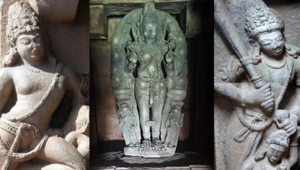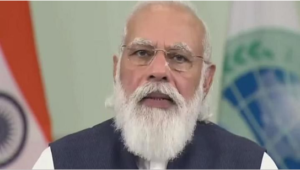
103RD CONSTITUTIONAL AMENDMENT ACT 2018
PURPOSE – The Constitution (One Hundred and Third Amendment) Act aims to provide ten percent reservation in public employment and higher education for economically weaker sections.
The 103rd Constitutional Amendment Act –
- Inserted Article 15 (6) which states that
– the State can make special provisions for advancement of any economically weaker section of citizens, including reservations in educational institutions
– such reservation can be made in any educational institution, including private institutions, whether aided or unaided, except minority educational institutions covered under Article 30(1)
– the upper limit of reservation will be ten percent, which will be in addition to the existing reservations
- Inserted Article 16(6) which enables State to make provision for reservation in appointments, in addition to the existing reservations, subject to a maximum of ten percent.
- “Economically weaker sections” for the purposes of Articles 15 and 16 mean such sections as notified by the State from time to time on the basis of family income and other indicators of economic disadvantage. This will be a class distinct from the already specified classes of SCs, STs and socially and educationally backward classes.
Basis – The bill stated that it is drafted with a will to mandate Article 46 of the Constitution of India, a Directive Principle that urges the government to protect the educational and economic interests of the weaker sections of society.
Background – Article 30(1) states that All minorities, whether based on religion or language, shall have the right to establish and administer educational institutions of their choice
An NGO named “Youth For Equality”, filed a petition challenging the 103rd Constitutional Amendment Act before the Supreme Court contending that the amendment violates the “basic structure” of the Constitution. Referring to the nine judge’s bench decision of the Supreme Court in Indira Sawhney case (1992), the petition states that reservation cannot be given on the basis of economic criteria.












